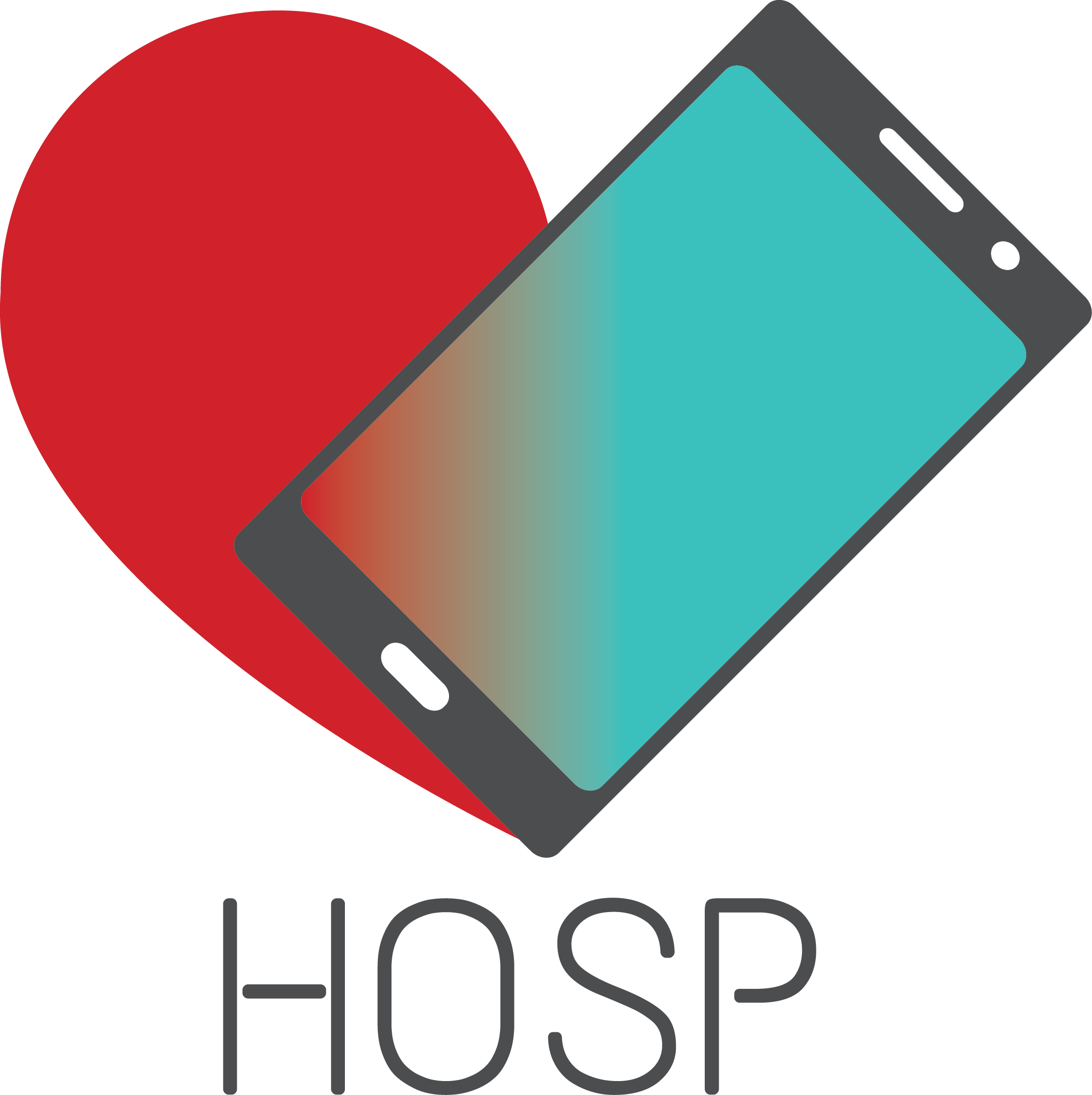Foods to avoid for high cholesterol
Cholesterol is a substance found in our body and in animal products such as meat, eggs and dairy products. It plays important role in the production of hormones, vitamin D and the bile which is necessary for digesting fats. Cholesterol is an essential component of every cell in our body as a part of cell membranes, giving them strength and flexibility. The liver produces cholesterol that our body needs to function, but cholesterol can also be introduced through the consumption of food, and this takes about 25% of the cholesterol in our body. Through the body, cholesterol is transported by particles called lipoproteins, including low-density (LDL) and high-density lipoproteins (HDL). LDL is often referred to as “bad cholesterol,” as it’s associated with atherosclerosis, while HDL (“good cholesterol”) helps collect bad cholesterol from the arteries and bring it back to the liver for disposal.
When you consume a lot of cholesterol-rich foods, your body compensates by reducing the amount of cholesterol that the liver produces. In contrast, when cholesterol intake is low, the liver increases the production to ensure there is always enough cholesterol for functioning. There are a lot of cholesterol-rich foods that are important to consummate, but there are also foods to avoid for high cholesterol.
Types of fat
Fat intake affects the production of cholesterol in the liver because fatty acids bind to liver cells and through them regulate this process. The most effective dietary approach for lowering blood cholesterol is choosing foods that contain unsaturated fats over those that contain saturated or trans fats. Each form of fat influences cholesterol levels differently:
• Saturated fats: You can find them mostly in meat and dairy products, and they instruct the liver to produce more bad cholesterol (LDL).
• Unsaturated fats: These are more common in fish, plants, nuts, seeds, beans, and vegetable oils. Some of them may help increase the rate of reabsorbing and breaking down bad cholesterol (LDL).
• Trans fats: These are found in hardened vegetable oils, manufactured through an artificial process called hydrogenation. Usually, fried food, baked goods and packaged foods contain them.
Foods to Avoid

While certain cholesterol-rich foods are highly nutritious and beneficial to your health, others can be harmful. Here are some foods to avoid for high cholesterol:
• Fried Foods: Such as deep-fried meats and cheese sticks or any of commercially fried foods should be avoided whenever possible. They’re loaded with calories and usually contain a lot of trans fats, which increase heart disease risk. Trans fats not only increase levels of bad cholesterol, but they can also lower levels of good cholesterol. Also, consumption of fried foods has been linked to an increased risk of obesity and diabetes.
• Fast Food: Fast food consumption is a major risk factor for heart disease, diabetes and obesity. Those who frequently consume fast food tend to have higher cholesterol, higher levels of inflammation and imbalance in blood sugar levels. Sandwiches, pizza, hamburgers, pasta are some of the fast foods to avoid for high cholesterol. Cooking more meals at home is associated with lower body weight and reductions in heart disease risk factors like high LDL cholesterol.
• Processed Meats: Such as sausages, bacon and hot dogs, are foods to avoid for high cholesterol. High consumption of this kind of meats has been linked to increased rates of heart disease and colon cancer.
• Desserts: Cookies, cakes, ice cream, pastries, packaged cookies, soda, donuts and other sweets are unhealthy foods rich in added sugars, unhealthy fats and calories. Frequent consumption of these foods can negatively impact overall health and lead to obesity, heart disease, cognitive decline and certain cancers. These foods also lack nutrients your body needs to thrive, like vitamins, minerals, protein and healthy fats.
• Salt: Usually found in canned soups, salty snacks, bread and rolls, pizza, some chicken, microwave popcorn. Too much sodium can raise your blood pressure, and because of that, it is recommended not to take more than 2,300 to 2,400 milligrams per day.
• Saturated vegetable oils: Such as hydrogenated or partly hydrogenated coconut oil, palm oil and palm kernel oil.
Lowering cholesterol levels
While avoiding some of the previously mentioned foods there are some more ways of lowering cholesterol levels. They consist of: eating more fiber, increasing physical activity, losing weight, increasing dietary omega-3, eating more vegetables and fruits. If you follow these tips along with lowering cholesterol levels you will manage to decrease your heart disease risk, diabetes risk and obesity.

